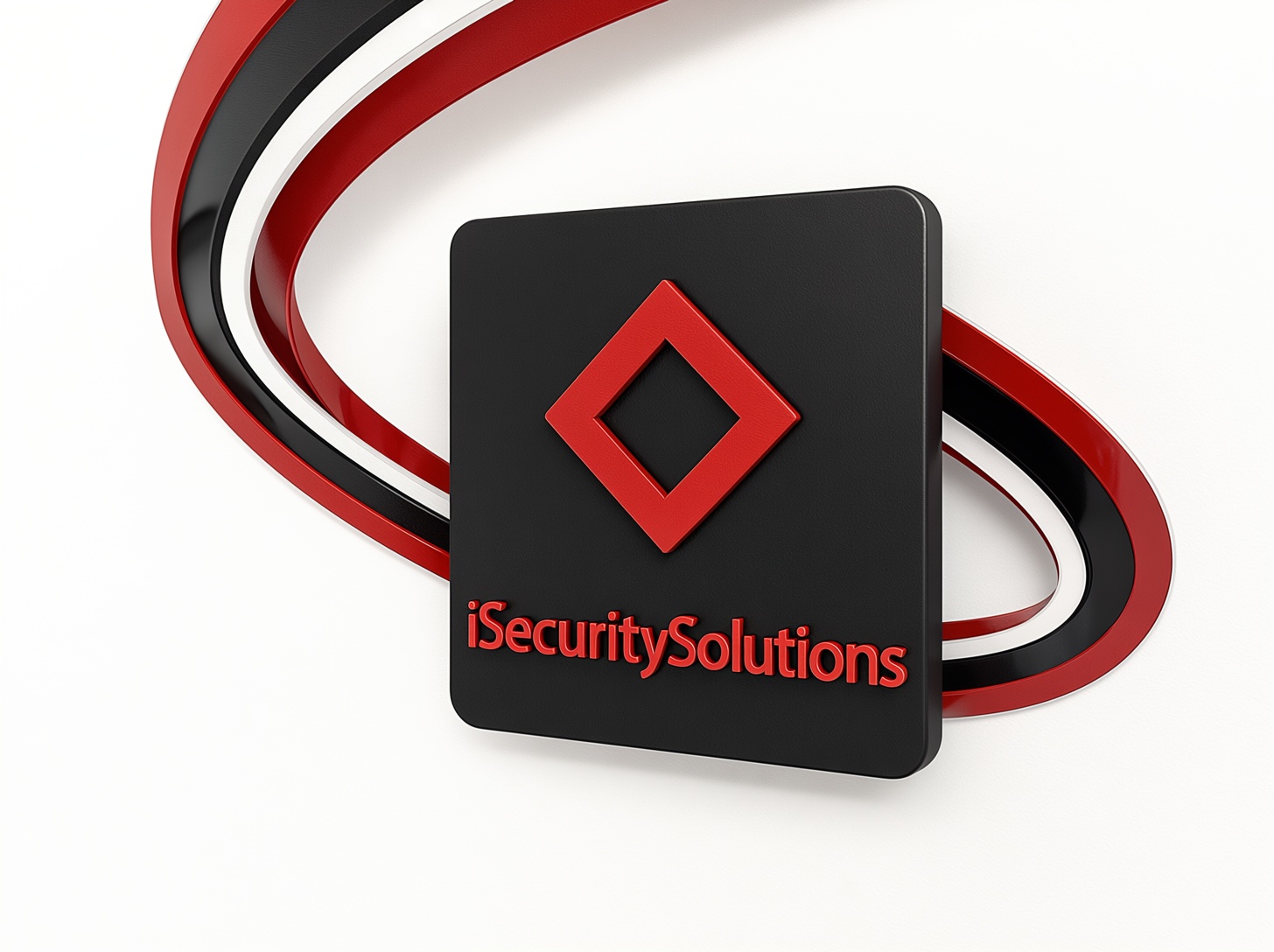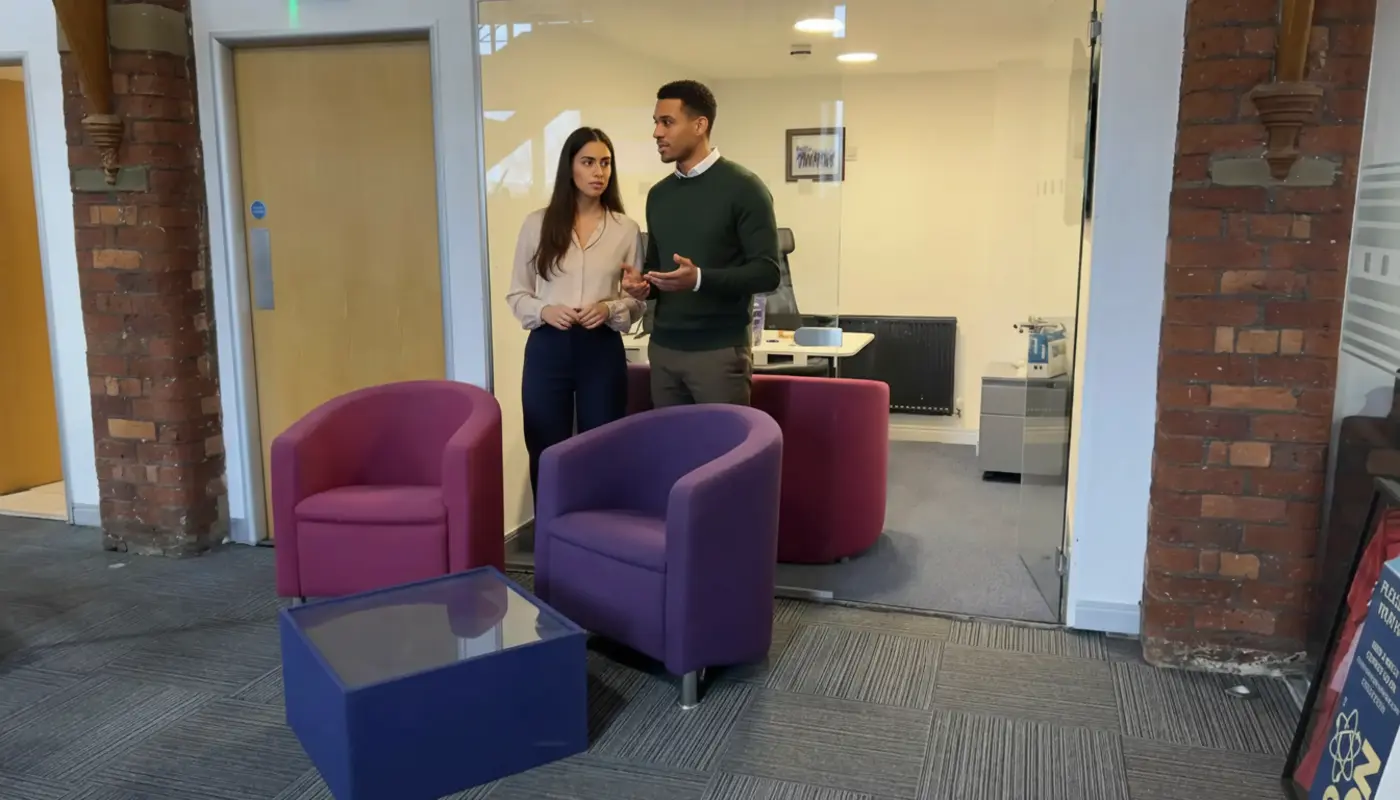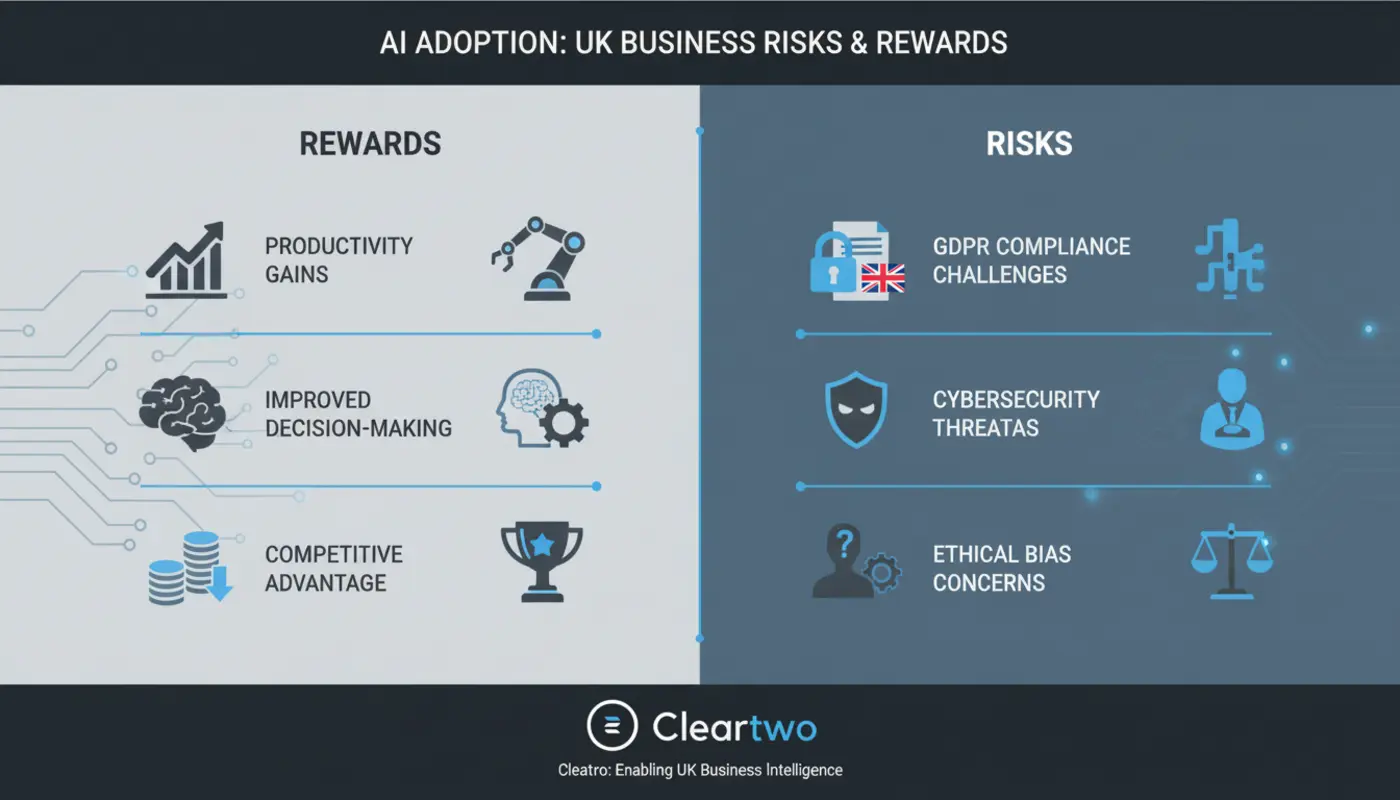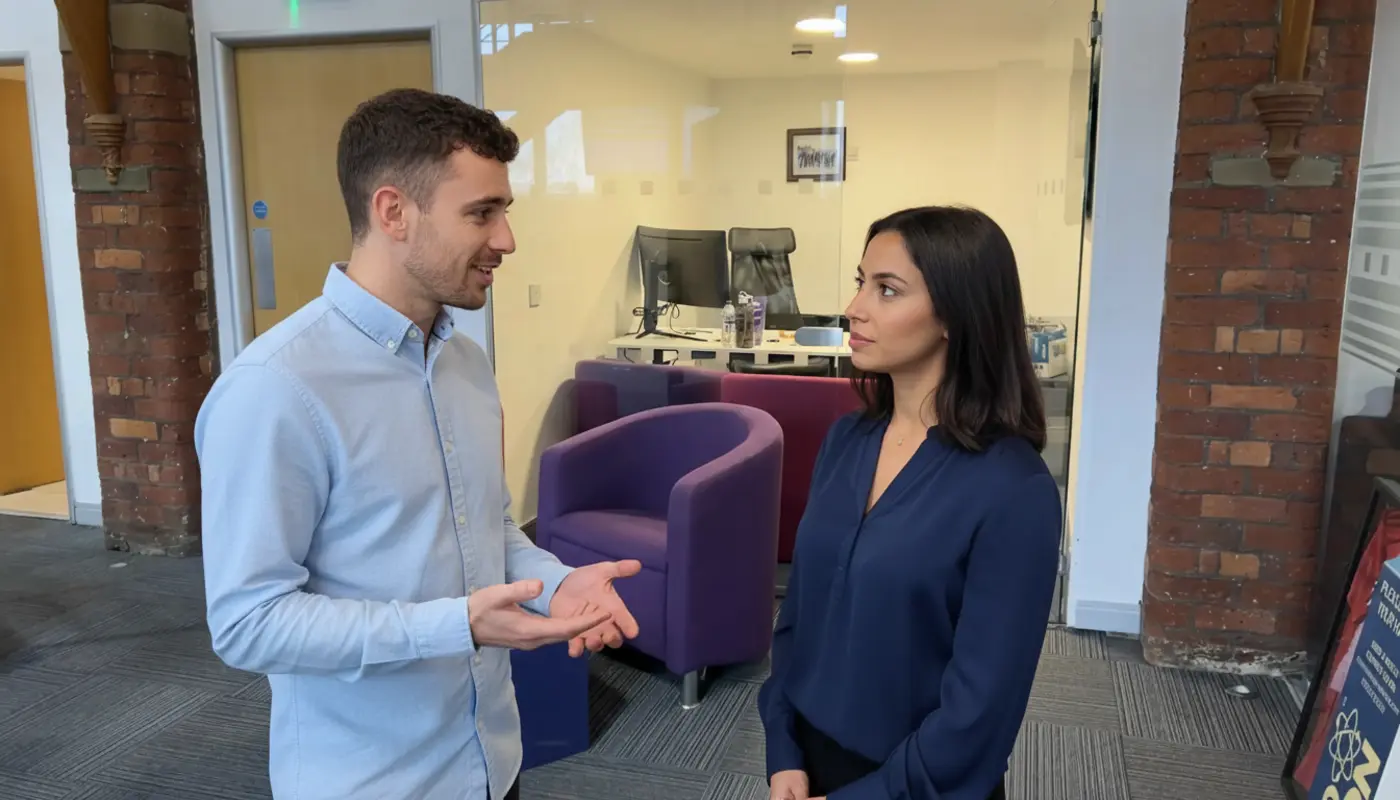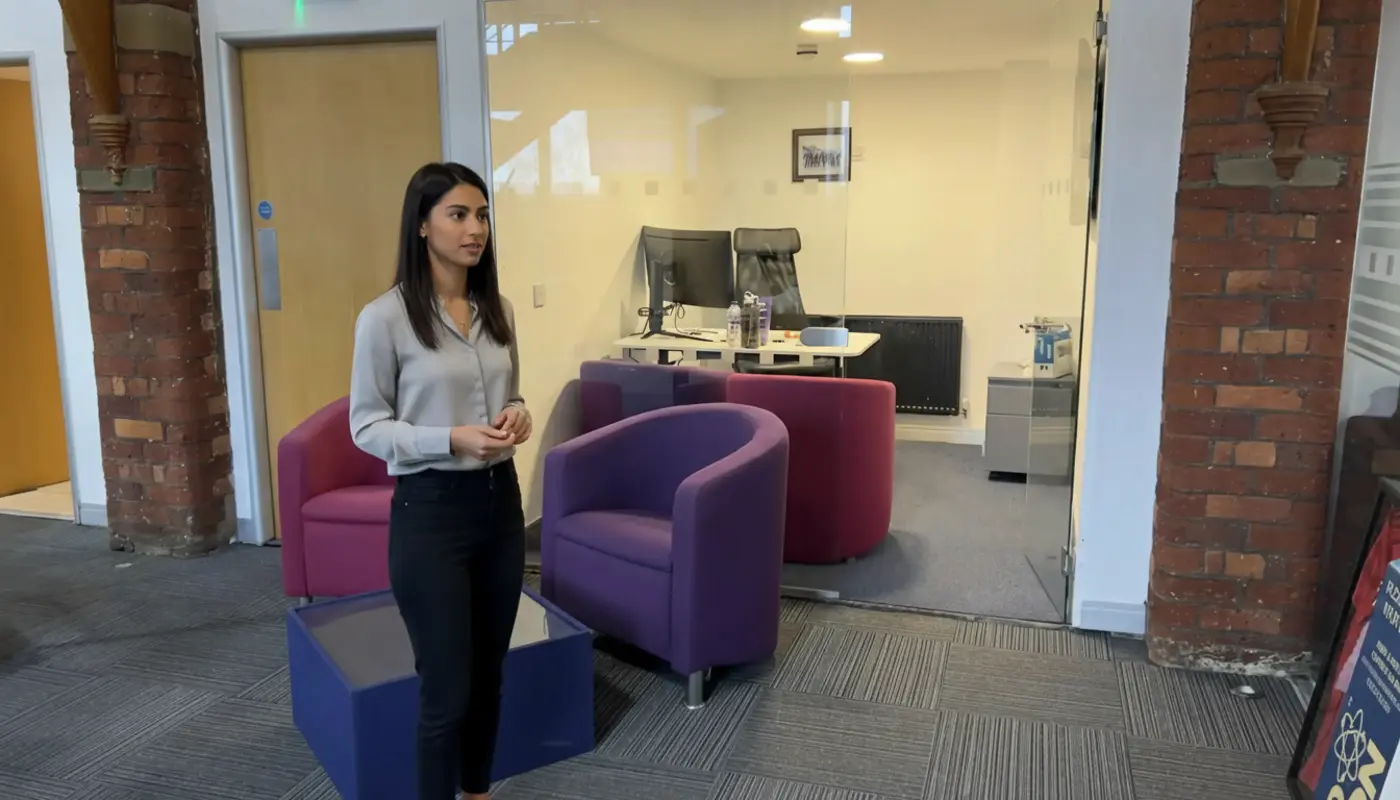Because of the coronavirus pandemic and lockdown measures, more people have been working from home than ever before.
While many remote workers may be struggling to adapt to the “new normal”, there may be a silver lining to this mushroom cloud of a year…
In many ways, remote working is better for workers, better for businesses and even better for the environment if done well. With less time spent commuting, more flexible working hours and less restrictions on things like dress code, many businesses have reported an increase in productivity after switching to remote working!
While this transition has gone smoothly for the most part, many experts are concerned about cybersecurity risks, as data is more readily accessible than in pre-pandemic times. To prevent this being an issue for your business, we’ve prepared a number of tips to help you make your team’s remote working setups as safe and secure as possible:
1. Prioritise Cybersecurity
Cybersecurity is defined as the state or process of protecting and recovering systems, devices etc. from any type of cyber-attack. Naturally, this is a very wide area of expertise and one that is in incredibly high demand as more people rely on remote working networks, different devices and various remote working setups that might have been implemented in a rush.
Why is cybersecurity important?
If you need your computers working and your network up, you need cybersecurity – it’s that simple. Furthermore, you should be paying a lot more attention to your cybersecurity when your team are working remotely and using your network daily, as a serious issue could render one or more of your staff unable to work.
2. Use Secure Networks
Public networks (think public Wi-Fi) are a convenient and free way to access online resources while you’re out and about, but they also pose massive security risks. Accessing these networks can put you at risk of contracting nasty viruses (physical AND electronic if you’re in a public place), so it’s best to use a secure solution like a VPN for work.
Staying connected when working remotely is vital for business, but public networks are a pale substitute for the connection between your network and the office. Make sure you and your team know the dangers of using public networks so you can stay secure, wherever you’re working from.
3. Use Virtual Private Networks
VPNs, or Virtual Private Networks let you make a secure connection to another network over the internet, allowing you to access network resources remotely, among other benefits. You may have already set up a VPN for your remote workers – kudos – but it’s important to track the numbers of VPN licenses you offer out and the network bandwidth you use.
When using VPN, you should also consider additional security measures like regulating your organisation’s access and asking users to renew their logins at least every 12 hours. With these simple measures, you can ensure that users are automatically logged off after work and if any cybercriminals infiltrate a VPN license, it’ll probably be too late for them to inflict major damage.
4. Use Company hardware
As convenient as it may seem, letting staff use their own PCs and phones while working from home can jeopardise privacy, security and efficiency. Even if you were able to transfer all the files and passwords you need, personal PCs and phones won’t have the same performance or security as your office equipment.
In order to preserve as much security and efficiency as possible, you should issue your staff with company phones, routers (where necessary) and PCs, making sure they are set up properly. This way, your team still have all the programs and files they need to keep working and you can avoid the horror of a customer calling your home phone after hours.
5. Use Encryption
Encryption is the process of taking text – such as an email – and scrambling it into an unreadable mess known as ‘cipher text’ to be decrypted into the original format by the intended recipient. You should always encrypt sensitive data for security, as it helps to ensure that only you and the intended recipient(s) see the info in question.
As well as encrypting your business emails, it’s also good practice to use an SSL (or Secure Sockets Layer) on your website, as that encrypts data being sent to and from the site. It’s easy to tell if you are visiting a secure site, as most browsers display a padlock in the URL bar and the address will always start with “https”, so make sure that you don’t give any sensitive info to unsecure sites.
6. Make Secure Passwords
While “use secure passwords” is extremely common advice, making and remembering a strong password can be harder than you think. We recommend using a password manager such as LastPass to keep track of all your passwords, but even then, you need to make a strong password for the password manager.
Setting difficult passwords may seem daunting at first, but there are some tried and true rules that will help you improve your online security in no time at all:
- Use long passwords – 12 characters minimum – to increase complexity and security.
- Include numbers, capitals and symbols and mix it up!
- Avoid proper words like “key” to make your password harder to guess.
- Don’t rely on obvious substitutions like swapping an “o” with “0” to make a word secure.
- Embrace the random and make a really weird password that is unique and memorable.
7. Keep up Morale
Between lockdowns, pandemic paranoia, and political turmoil, it’s natural to be feeling a little stressed by current events which can affect productivity and morale. As an employer, you may not be able to solve the root causes of this stress, but there are a few things you can do to lift your team’s spirit and improve morale, such as:
- Be Transparent with Staff
Uncertainty will certainly distract and stress your staff, so make sure to be honest and tell your staff about the good times and the bad so they won’t be stressing and wondering what’s happening.
- Touch Base Regularly
Whether you use video calls or messaging apps, talking to the rest of your team helps to improve motivation, team cohesion and co-operation, so why not arrange group calls once a week?
- Arrange Fun Events
Breaks from the normal working routine can help employees to unwind and have fun, especially if you’re able to arrange fun activities such as quizzes and competitions.
- Allow Space for Banter
Using a team chat service allows for easy communication between colleagues, but creating a separate, more relaxed space allows for light-hearted chit chat and team bonding.
Whether you’re already working remotely or are in the process of transitioning to working from home, we hope these tips help you and your staff to stay safe and secure. For more tips on keeping your business running through lockdowns and restrictions, why not read our blog on marketing during a recession or get in touch with a member of our team today?

